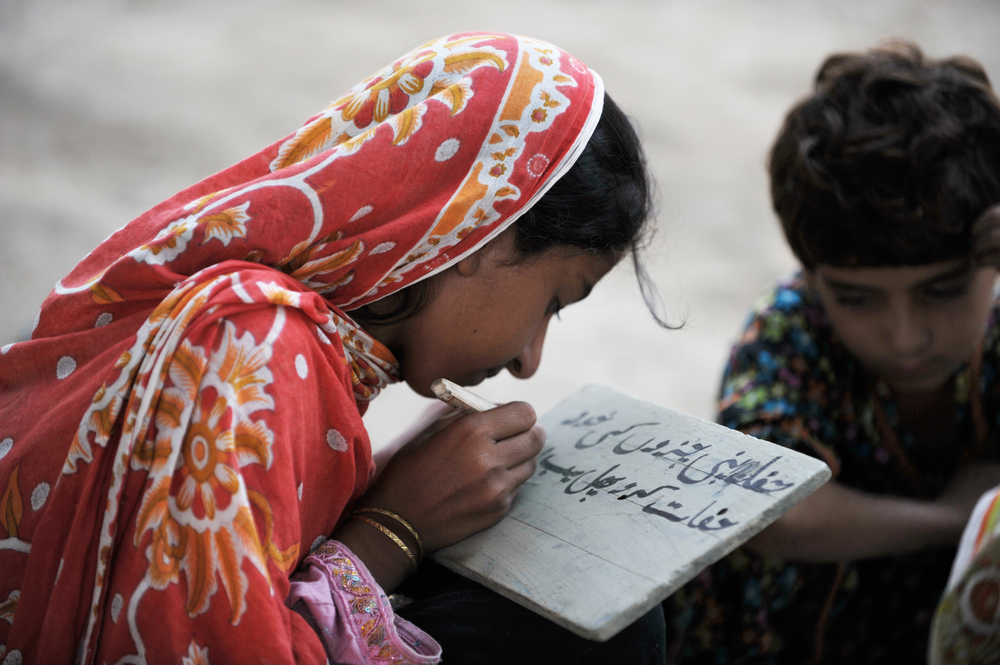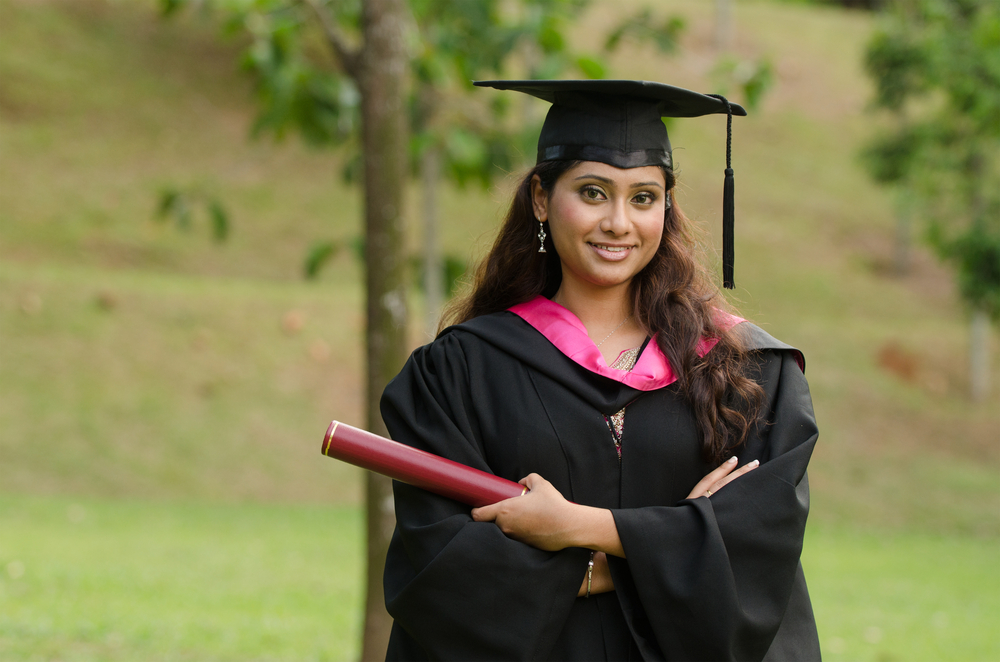16-Year-Old Malala Yousafzai,The Pakistani teenager who was shot by the Taliban in October 2012 for asserting her right to an education says she will continue her fight, hoping to make her “dreams tomorrow’s reality.
Recently, demand for panoptic amendments of education law has been on the rise. Those on the forefront of the movement, many of whom are surprisingly young, have multiplied their efforts, calling for immediate change, essentially a quantum leap, in what is considered to be contemporary educational rights. But as e-mails and dial tones subside to the agonizing silence of loneliness, many young teenagers have succumbed to failure. Malala Yousafzai, however, has become an international leader and fearless activist despite both mundane and extraordinary setbacks. While others her age resort to television as a means of passing time, watching PBS telethons as a substitute for the frightening world of activism, Malala has found her identity in a drive for educational rights; while living the tender and notoriously unsteady ages, Malala called number after number, wrote letter after letter, held conferences, kept a diary, spoke on national television, and even filmed a documentary. Throughout the process, she was not discouraged by failure, but merely encouraged by the prospects of triumph, a mindset that has clearly taken her a long way.
The Pakistani teenager hopes to make her “dreams tomorrow’s reality.
The Pakistani teenager who was shot by the Taliban in October 2012 for asserting her right to an education says she will continue her fight, hoping to make her “dreams tomorrow’s reality.“Comparing education to “a precious gift” and even “a diamond,” Malala asks world leaders to invest an additional $39 billion annually. Her initiative and demands have inflamed religious extremist groups, particularly the Taliban, who consider her a menace to their self-appointed authority as the keepers of Islamic law. Threatened by the proverbial mighty pen of this young warrior who courageously championed for equality and empowerment of girls, the misguided men of extremist Taliban justified the assassination by citing passages from the Holy Quran. The Taliban declared, through their spokesman, that they would come for her again if she managed to come out of the hospital, which she did. In the dark face of both physical and emotional war, however, Malala has only strengthened her efforts. She once wrote: “We realize the importance of our voices only when we are silenced. I was shot on a Tuesday lunchtime, one bullet, one gunshot heard around the world.”
Two years and a day after her attempted assassination by the Taliban gunmen, that shot continued to reverberate with the Nobel committee’s announcement that the 17-year-old Pakistani schoolgirl is to share the peace prize, its youngest recipient ever. Now a Nobel Peace Prize winner, Malala bravely stands her ground: “All I want is an education, and I am afraid of no one.” As her name and story permeate the world, Malala rises in glory and fame and uses her newfound title to further accomplish her mission. She relentlessly promotes her ambitious goals in education summits attended by powerful figures such as U.N. Secretary General Ban Ki-moon. Malala, however, is not alone on her journey; she has a legion of supporters and deputy activists, all inspired to be indefatigable in their quest. Malala’s cause is indeed one that deserves notice; especially now as great educational insufficiency and income inequalities resurface in our world.
In over 70 countries girls face violence for trying to attend school.
According to the Malala Fund, in over 70 countries girls face violence for trying to attend school, and precisely for that reason, over 68 million of them are not able to. Even though many countries have increased their national budget allocations, progress in getting more children to school has stalled. Speaking for “those without [a] voice”¦ those who have fought for their rights,” Malala passionately demands that governments “start investing in books, education and hope, rather than in weapons, war and conflicts.”
With Malala, we must fight for unconditional educational for all children around the world. We fight, however, a different species of war. “If you hit a Talib [or any enemy] with your shoe, then there would be no difference between you”¦ [and him],” Malala said. She continued, “You must not treat others with cruelty and that much harshly, you must fight others but through peace and through dialogue and through education.”
Malala’s sagacious words echo around the world. She, too, was once a frightened girl who dared only to hope and dream. She is now, however, a wise, powerful young lady, a Nobel Peace-Prize winning activist, a game-changer; she is “stronger than fear,” and everyone should be. Governments that try in vain to refocus their foreign policies and national budget allocations should try harder, because
Education is education and it’s the right of every human being. Malala is one person but many voices; she speaks, fights, risks her life for the very girls and boys who may one day be just like her. Her war is not one of bullets, bullets that murder, but of books that educate, nurture, and harness the generations to come. The moment Malala’s powerful fight began, weakness, fear and hopelessness died. Strength, power and courage were born.
[divider]
Autor: Melissa Yukseloglu


















